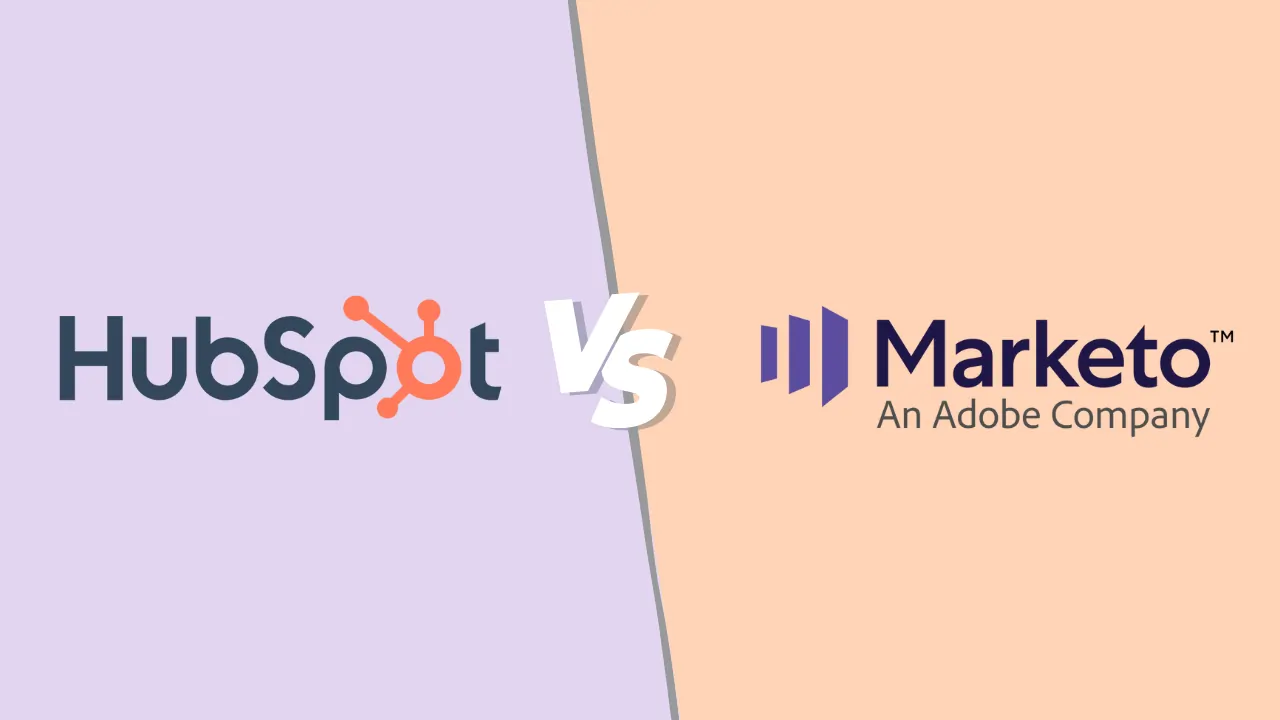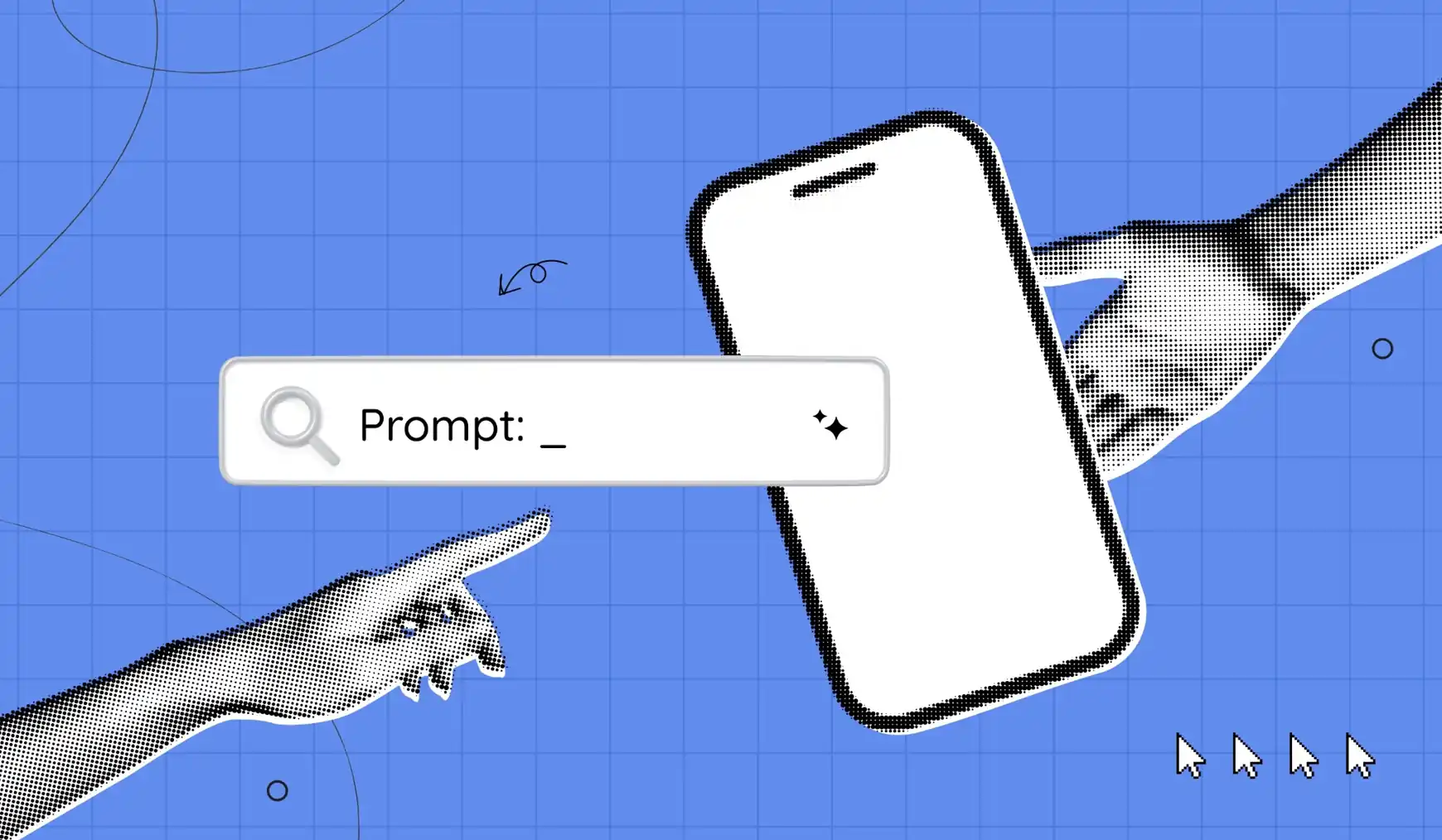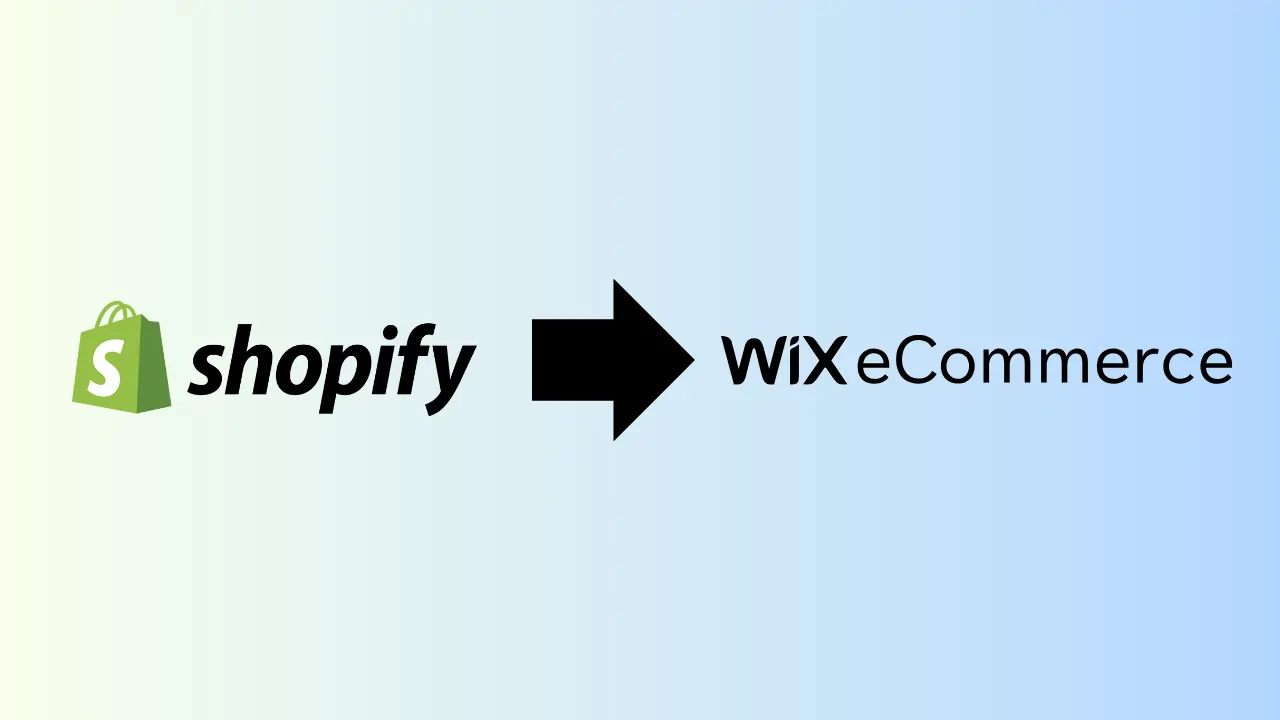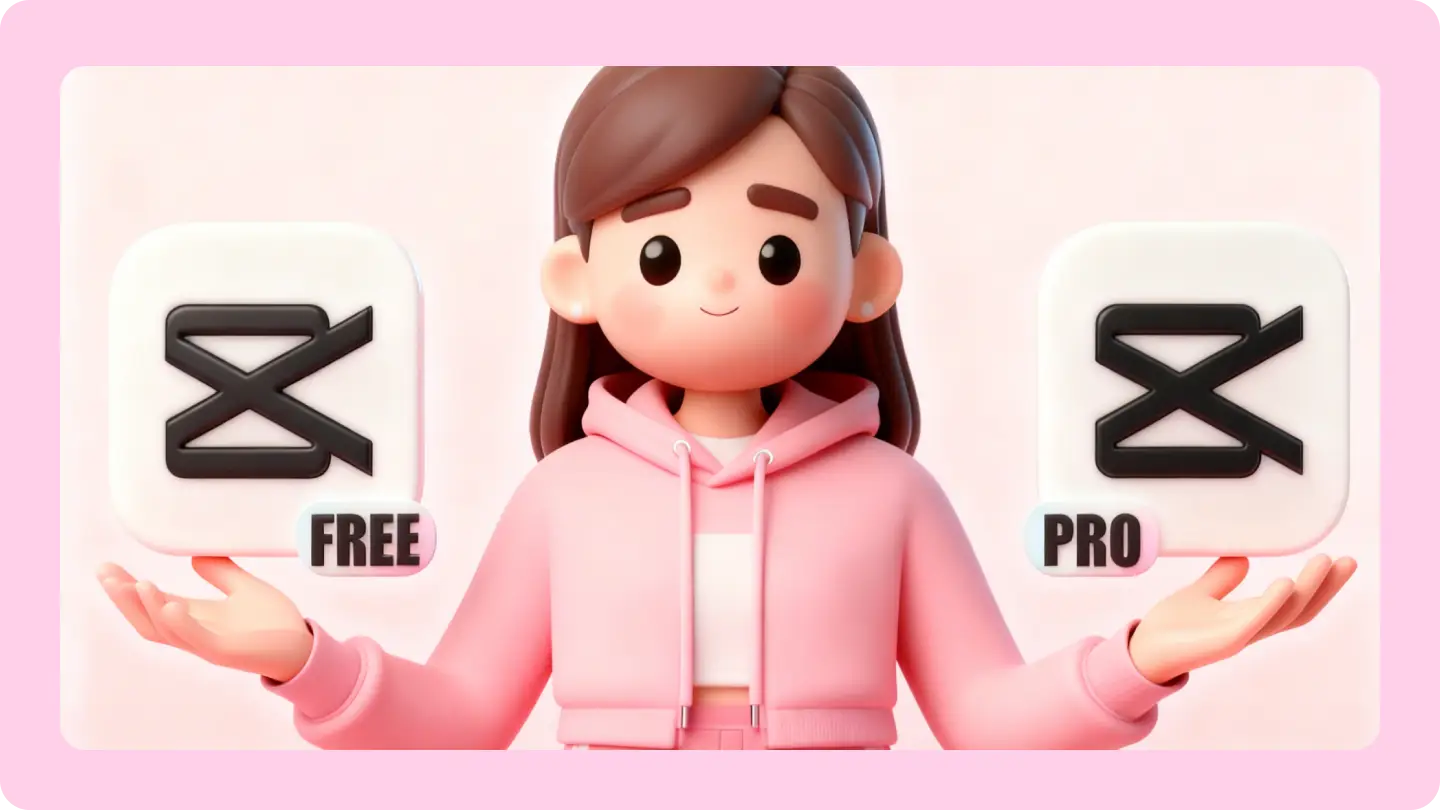Is Marketing on Twitter Worth It?
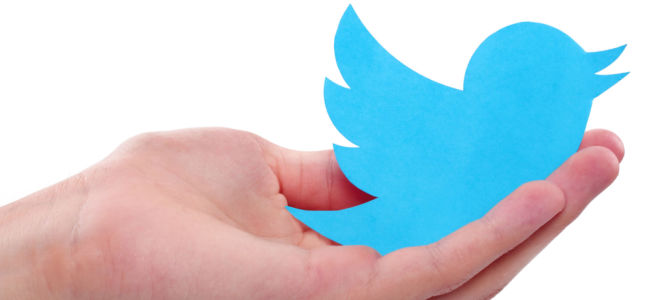
Twitter is one of the top social media networks today, with over 450 million monthly active users. It has long been a place for people to share real-time information, trending news, and snippets of ideas. It is also a popular platform for brands to distribute content and boost their online presence.
You could potentially reach millions of people with your marketing messages on Twitter. But as advertisers’ concerns grow over Elon Musk’s high-profile acquisition of the social media site, it’s fair to ponder whether marketing on Twitter is still worth it.
The reason I acquired Twitter is because it is important to the future of civilization to have a common digital town square, where a wide range of beliefs can be debated in a healthy manner, without resorting to violence.
-Elon Musk
To answer that question, let’s take a look at what Twitter has to offer and potential hindrances to consider.
Twitter as a Marketing Tool
Twitter’s micro-blogging environment makes it an ideal avenue for real-time marketing, or disruptive strategies that take advantage of trending events. But the platform offers businesses more than just an audience of potential customers. It provides tailored features and tools that help you get your message to the right people at the right time.
For Professionals
Twitter finally rolled out its professional accounts offering, allowing marketers to customize their profile pages to better inform users of their brand. You can choose what category your business belongs to (Ex. Automotive, Beauty, Education, etc.) and pick an account type between Creator or Business.
Analytics
Twitter offers analytics tools to help you measure your success and track your return on investment (ROI). These tools allow you to see how often users are interacting with your tweets, the types of interactions they’re having, and which tweets are performing the best. This data can be valuable in informing your Twitter marketing strategy and ensuring that you continue to produce content that users want to engage with.
Shopping
Twitter is also testing a new feature called the Shop Module, which allows businesses to integrate shopping directly into their profiles. Shoppable profiles will be able to display a product showcase carousel that users can tap on to purchase items. This new feature will make it easier for businesses to sell their products on the platform.
Super Follows
Super Follows is a subscription feature that provides users exclusive access to bonus tweets from a creator or business. These Super Followers are given badges displayed in their replies on the creator’s page, making them stand out in the conversation thread.
Newsletters
Twitter’s newsletter feature is a great way to improve your content strategy. You can use it to curate tweets on a specific topic or event and package them into an easily understandable format for your followers, along with calls-to-action. This is an effective way to drive traffic to your website or blog.
Spaces
Spaces allows people to join or listen in on conversations happening in “rooms” organized around specific topics. The idea is that it will eventually become a place for people to connect with others who share their interests, whether it’s for business or pleasure.
Communities
Twitter has also been investing in its communities feature to help businesses connect with like-minded individuals and peers. It works in the same way as Facebook Groups, wherein users can share tweets that will only be visible on the community page and not on their homepage feeds.
What Other Experts Say
Twitter’s set of new business features looks promising, but most are still being tested in a limited number of countries. So to make an informed decision, it would help to look at what other businesses with marketing accounts on Twitter have experienced when using the platform.
According to a study by Databox, 40% of marketers are not satisfied with Twitter ads. Reasons for this vary. Some have complained about Twitter’s subpar reporting features, while others cited the platform’s niche audience and a lack of management controls.
Experts on the other side of the coin argue that Twitter’s unique nature – its short-form content and focus on the present moment – actually makes it an ideal marketing tool.
The opportunity for brands to insert themselves into trending ‘moments’ around the world is still a powerful commodity which no other platform serves up
-Matt Navarra, Social Media Analyst
So, while there are some concerns over Twitter’s effectiveness as a marketing tool, it still has potential – especially for businesses that want to take part in current conversations.
Twitter Bots and Fake Accounts
With a wide reach comes the potential for abuse. In recent years, the micro-blogging app has been plagued by bots and fake Twitter accounts. Third-party research claims that nearly 20% of active Twitter accounts are bogus. However, the platform’s management downplayed the issue, saying that less than 5% of monetizable user accounts are run by bots.
Regardless of which data is accurate, fake accounts on social media are a problem for marketers. These automated or intentionally false profiles can be used to boost follower counts, likes, and retweets artificially. They can also be used to spread misinformation or sow discord.
Having a large number of fake accounts can prevent a brand from connecting with real people and engaging in meaningful conversations. It can also impact the business’s marketing strategy, as these accounts are likely to flood trending topics with spammy content, making it difficult for a company’s tweets to be seen.
Using Twitter’s Strengths in Your Strategy
As with marketing on any other social media platform, it pays to know how to use Twitter’s strengths in your favor. Here are some tips:
- Use private Twitter Lists to group together accounts by topic, interest, or even competitor. This helps you easily keep tabs on relevant conversations and find new leads.
- Use Promoted Tweets to reach a larger audience with your most important messages.
- Take advantage of hashtags for keyword research and to improve your SEO presence.
- Build thought leadership and improve credibility by tweeting ideas, tips, and expert advice.
- Provide excellent customer service by monitoring mentions of your brand and promptly responding to questions or complaints.
Final Thoughts
So, is marketing on Twitter worth it? The answer depends. For some businesses, the platform presents too much noise and low ROI. But for others, it’s an essential part of their marketing strategy that helps them stay ahead of the competition, especially when the bulk of their audience can be found on the platform.
The key is to use Twitter in a way that works for you and your business goals. If you can do that, then Twitter can be a powerful asset.
